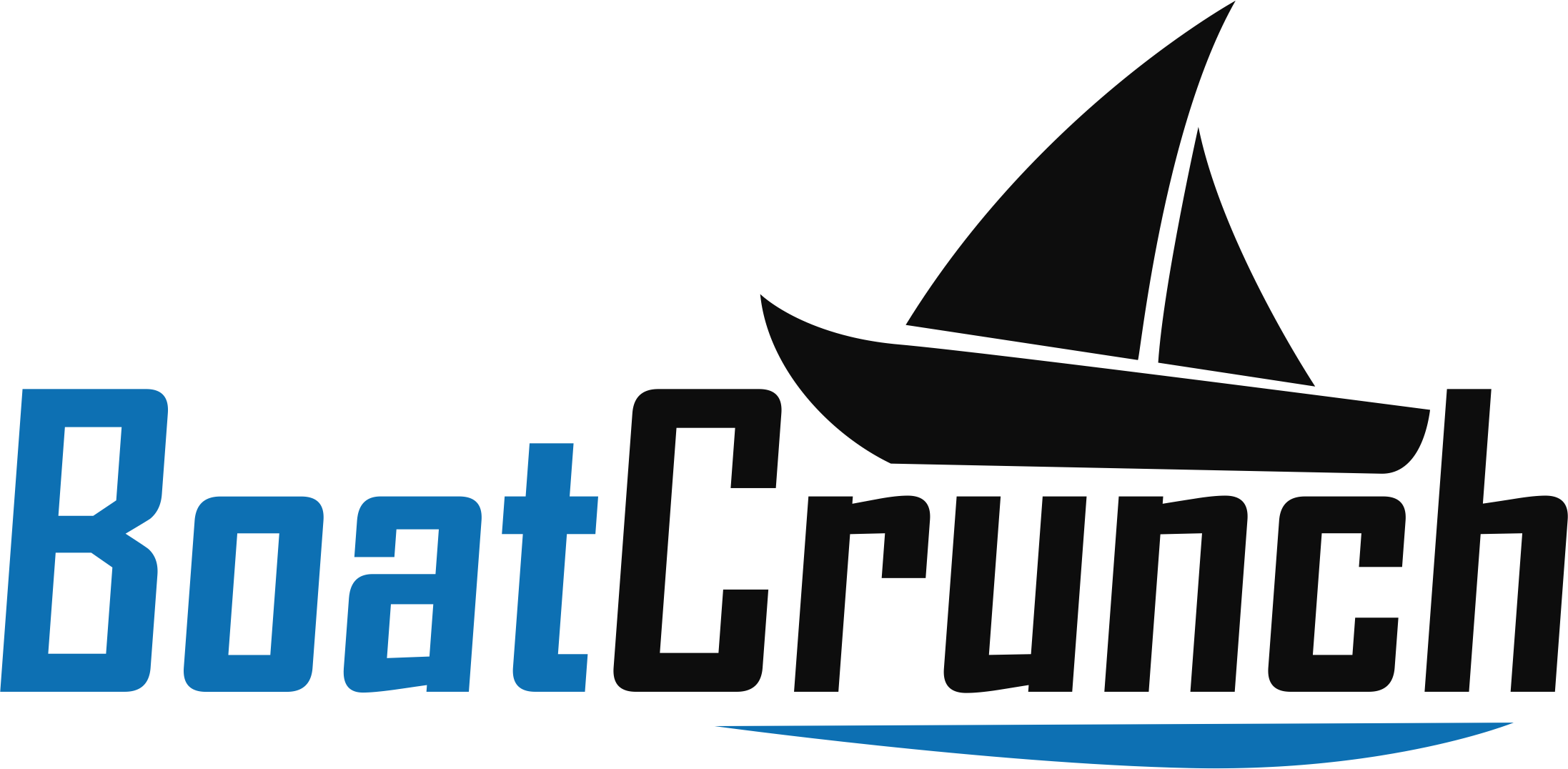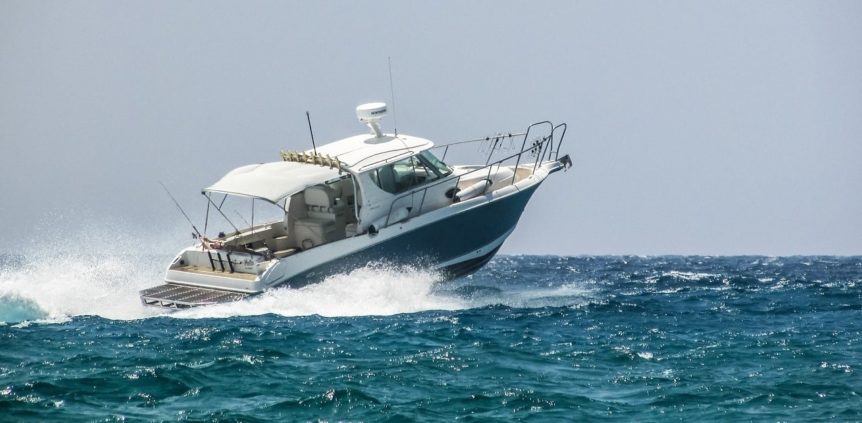Before you acquire a boat in the United States, it is important to know your state laws. Operators need to know the laws in not just the state they reside in, but in other states, they plan to operate in. Boating regulations can be a bit confusing because of their complexity and depth. Fortunately, state officials have dumbed down their recreational and commercial boating regulations. This ensures every operator knows the basics before operating their vessels on US waterways.
In this guide, we’re going to answer many questions related to boat registration.
Can A Boat Be Registered in Two States?
No, a boat cannot be registered in two US states. If your end goal is to operate your boat in two or more states, you should know the legalities in advance. An operator’s primary goal should always be to stay legal and safe.
It is recommended to obtain a boating law handbook for your state of residence.
Can I Use My Boat in Another State?
Yes, all US states offer access to their waterways to legal vessels. If your boat is registered in New York, you should face no issues accessing Massachusetts’ lakes, rivers, and coastal waters.
Does My Boat Need to Be Registered?
It depends on the model whether your boat needs to be registered. Again, the boat registration rules are different in every state and territory. For example, in the State of California, sailboats without a motor under 8 feet in length are not required to be registered. On the other hand, the State requires all motorized vessels to be registered to operate on its waterways.
Florida boating regulations are like California’s, as the State requires all motorized boats to be registered. The Florida Highway Safety and Motor Vehicles “FLHSMV” oversees all public waterways. Operators are required to register their motorized vessels before accessing Florida waterways.
Do I Need A Boat Registration For Private Lakes?
Most states do not require vessels operating on private ponds and lakes to be registered. If you do not plan on utilizing or storing your vessel on a private lake or pond, it does not need to be titled in most states. It is recommended to validate these claims before towing your boat to a private waterway.
Does A 15-Foot Non-Motor-Powered Boat Need To Be Registered?
It depends on the state of operation and storage. If your boat is less than 15 feet in length and operated by oars, it is exempt from titling in the State of Tennessee.
In the State of California, a non-motor-powered vessel does not need to be registered as long as it is 8 feet long or shorter. There is some leniency when it comes to registering vessels without a motor.
Do Dinghies Need To Be Registered?
Most US states require their residents to register their dinghies. This legislation applies to all dinghies, including those that are handcrafted. There are some exemptions to this rule, as some states do not ask residents or visitors for any registration when operating dinghies and laser sailboats.
In the State of California, a dinghy only needs to be registered if it is 8 feet long or shorter and does not utilize a motor. Connecticut does not mandate registering an oar-propelled dingy under 16 feet long.
Regardless of length, Idaho and Kentucky do not require operators of dinghies to carry a registration card for oar-powered dinghy models.
Do US States Permit Waterway Access to Vessels Registered In Other States?
Yes, state governments understand it is necessary to permit motorized boats to utilize their waterways, even though they are registered in other states. However, the access is only temporary. For example, the State of Florida grants waterways access to out-of-state boat operators for 60 days. All vessels legally registered outside the Florida borders cannot remain in the state for more than 60 days.
The State of California permits waterways access to motorized vessels registered outside its borders for up to 120 days. Visitors can operate their legally registered motorized boats on California waterways for 120 days. Full-time residents have 90 days, plus an additional 30 days after the reciprocity period to register their boats at a California-based DMV location.
How Do I Register My Boat in A US State?
Most US states, excluding Hawaii, have a special agency that oversees vessel operating licensing and boating registration. Most US states delegate boating and vehicle registration oversight to the Department of Motor Vehicles “DMV.” In Hawaii, the state government does not perform the same regulatory process as the DMV.
There are two primary methods that are utilized to register boats in the United States. These include online and in-person at an authorized government agency. Both registration methods have both pros and cons, with the former being the least effective.
Most US states offer temporary Vessel Certificate of Number via an online DMV website. It is crucial to not be fooled by unauthorized websites, claiming to be affiliated with the DMV. There is at least one unauthorized website mimicking the DMV in every US state. An authorized DMV site has “.gov” in the domain.
Is It Legal to Register A Motorized Vessel Outside Your State?
Yes, it is legal to register a motorized boat in a state outside your current state. People residing in Georgia oftentimes register their boats in Florida because its waterways are vast. Florida has some of the most lucrative recreational boating spots. Lake Okeechobee, Blue Cypress Lake, and Crescent Lake are just a few examples.
To ensure your boat is legal, you must provide the physical address, where it is docked. If the vessel is docked at a storage facility or marine, the state’s DMV needs to know this information.
Is A Boater Education Card Mandatory for Registering Motorized Vessel In The United States?
It depends on the state, where the motorboat will be registered in. Some US states like Texas, Washington State, Oregon, California, Tennessee, and Virginia.
A Boater Education Card is a certificate that proves operators have completed their state’s approved, official, boating safety course.
While US states require operators to obtain a Boater Education Card, there are a few exemptions. One such exemption is related to the operator’s birth date, which does not apply to all states’ boating regulations. Washington State laws exempt boat operators born before January 1, 1955, from needing to obtain a Boater Education Card. Operators under the age of 12 are also exempt in some states.
A Boater Education Card is also not required for operators of a rental vessel. In this case, boat rental services are required to provide their customers with a watercraft safety checklist. Customers must complete the checklist before they are permitted to rent a vessel.
Is A Boater Education Card Mandatory for Out-Of-State Boaters?
If your boat is registered in a state that does not mandate operators to carry a Boater Education Card and wants to operate in other states, you may not need it. Most states exempt out-of-state boat operators from carrying a Boater Education Card. However, there is generally a deadline to qualify for an exemption. Washington State is just one example, which exempts out-of-state boaters for up to 59 days.
Certificate Of Number Application
Each US state has a unique Certificate of Number application for registering motorboats. However, most are outlined in the same manner, utilizing pertinent questions like the following:
- Resident verification
- State Last Registered
- Issued Vessel Number
- State of Principal Use
- Hull Identification Number “HIN”
- Use (Recreational, Youth Group, Government, For-Hire)
- Vessel Type
- Propulsion (Sail, Oar-Propelled, Jet, Outboard)
- Hull Construction (Fiberglass, Wood, Steel, Aluminum)
- Storage Location
- Registered Owner
- Legal Owner (Title or Lien Holder)
You must provide Proof of Ownership along with the application. You can also download and print the application for an in-person visit to speed up the process.
How To Register a Motorboat in The United States?
To register your vessel in person, you must make an appointment at most DMV locations. The entire process can take several hours in some cities, depending on the DMV’s backlog. To rule out a second visit to the DMV, it is vital to have all required documents in hand. The required documents to title a previously titled motorized vessel includes the following:
- Valid driver’s license
- Proof of Ownership (Title or Bill of Sale)
- Proof of Insurance
- Boater Education Card (Does not apply to all states)
The documents required to title a brand-new motorized vessel include the following:
- MB-6 (boat title application)
- Certificate of Origin (legally assigned by an authorized dealer)
- Authorized Dealer Certificate (part of the MB-6 application) or Dealer Invoice
- Proof of Insurance
- Valid driver’s license
- Boater Education Card (Does not apply to all states)
Summary
Staying legal when operating a water vessel within US borders is the only sure way to avoid monetary fines, seizure, and jail time. The fine for operating an illegal vessel in the United States varies between $100 and $500 for first-time offenders. The fine increases for second, third, and more repeat offenses. When you compare these penalties to boat registration fees, operators could save themselves a lot of headaches. Make your boat legal before heading out to the lake for a weekend of fun in the sun.

My name Is Larry Noel, the voice behind BoatCrunch.
I’m a boating enthusiast that loves nothing more than being out on the water. So much so that I’ve acquired a Degree in Marine Biology (MB) as well as a degree in Ocean Engineering (OE).
I’m very familiar with a wide range of different boats and I’ve owned a variety of different boats myself however I have a particular obsession with Pontoon boats. I’ve lived all across the United States and always kept company in the form of boats and now my loving family.

